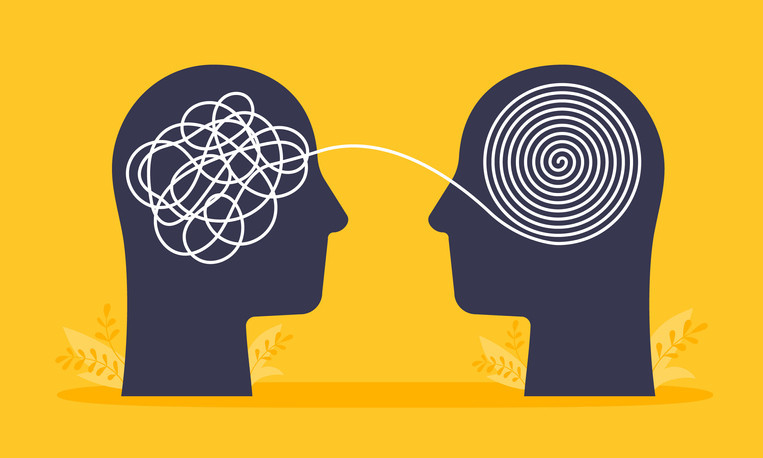Anxiety disorders are mental conditions that can interfere with daily activities, relationships, and overall quality of life. These disorders encompass a range of conditions characterized by excessive worry, fear, or nervousness. Implementing effective coping strategies can provide valuable support for managing symptoms and improving daily functioning. Here’s more information on ways to cope with anxiety in daily life:
Strategies for Coping With Anxiety
A psychiatrist is a medical doctor who specializes in mental health, including the diagnosis, treatment, and prevention of mental, emotional, and behavioral disorders, including different anxiety disorders. They possess the expertise to assess complex mental conditions and develop comprehensive treatment plans tailored to each individual. Psychiatrists may also recommend coping strategies such as:
Practicing Good Sleep Hygiene
Quality sleep forms the foundation of effective anxiety management. Poor sleep patterns can intensify anxiety symptoms, while adequate rest helps regulate mood and stress response. Establishing a consistent bedtime routine signals your body to prepare for rest. This includes going to bed and waking up at the same time every day, even on weekends, when possible.
Creating an optimal sleep environment involves keeping your bedroom cool, dark, and quiet. Stop using electronic devices at least one hour before bedtime, as the light they emit can interfere with natural sleep cycles. Try relaxation techniques like gentle stretching, reading, or listening to calm music before sleep. Some other ways to improve your sleep hygiene include:
- Limiting Caffeine Intake
- Journaling Before Bed
- Finding Ways to Clear Your Mind
Setting Personal Boundaries
Establishing clear personal boundaries helps protect your emotional well-being and may reduce anxiety triggers. This involves learning to say no to commitments that overwhelm your capacity and identifying situations that consistently increase your stress levels. Clearly communicate your limits to family, friends, and colleagues. This might mean setting specific times for checking emails, limiting social media use, or declining invitations when you need personal time.
Boundaries also include protecting your physical space and time for self-care activities. Practice recognizing early warning signs of boundary violations, like feeling resentful, overwhelmed, or constantly tired. These signals indicate when you may need to reassess and strengthen your personal limits.
Prioritizing Healthy Diet and Exercise
Regular exercise helps reduce stress hormones while releasing endorphins that naturally improve mood. You don’t need intense workouts to gain benefits, as moderate activities, like walking, swimming, or yoga, can be effective. Nutritional choices also impact anxiety levels.
Eating regular, balanced meals helps maintain stable blood sugar levels, which can prevent mood fluctuations. Focus on staying hydrated and eating whole foods, including fruits, vegetables, lean proteins, and complex carbohydrates. Limit alcohol and reduce excessive caffeine consumption, as both substances can worsen anxiety symptoms.
Goals of Coping With Anxiety
The ultimate goal is to develop a personalized toolkit of healthy coping mechanisms that work for your lifestyle and anxiety patterns. This might include creative activities, spending time in nature, connecting with supportive friends, or engaging in hobbies that bring joy and relaxation. Building this toolkit takes time and experimentation. Find what works for you and keep track of which strategies provide the most relief and incorporate them into your routine.
Effective anxiety coping strategies aim to reduce overall stress levels and help you remain present in the moment. Grounding techniques, like deep breathing exercises or the 5-4-3-2-1 sensory exercise method, can interrupt anxiety spirals and restore calm. These practices help develop awareness of your body’s stress responses and provide tools for managing them.
Meet an Anxiety Disorders Psychiatrist
Professional support from a qualified anxiety disorders psychiatrist can provide specialized treatment tailored to your needs. These medical professionals can assess your symptoms, discuss treatment options, and collaborate with you to develop a management plan. Management plans may include therapy, lifestyle modifications, and other appropriate interventions. Schedule a visit with a psychiatrist today.





Leave a Reply